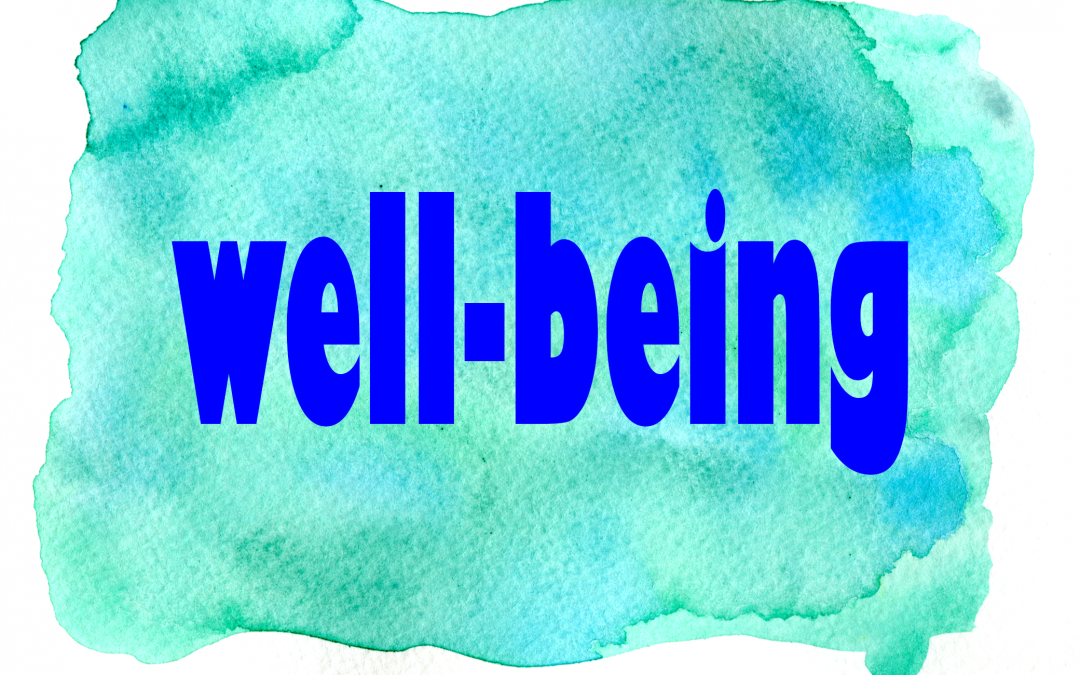it’s the time of year many people make resolutions. In the before times, workout centers would be filled with ambitious exercisers… Until about the third week of January. That’s when New Year’s energy petered out. Surely, there must be a more sustainable model.
There are a few changes in attitude that support sustainable well-being.
Have a growth mindset. Growth mindset is grounded in “the belief that your basic qualities are things you can cultivate through your efforts, your strategies, and help from others” (Dweck, 2006). The contrasting belief, the “fixed mindset” holds that abilities and potential our innate and cannot be changed.
Understand neuroplasticity. Neuroplasticity refers to the brain’s ability to adapt. What we do and how we think change the physiology of our brains. In effect, we are receiving hardware updates on the fly. You can read more about it in this nest of articles.
Cultivate self-compassion. When you are making a change in behavior or thinking, you won’t do it perfectly. Learning a new skill takes time. At first, you do things badly. When you mess up, it’s helpful to let go of any self-criticism, remind yourself of your intention, and recommit to it.
With these attitudes as a foundation, I work with kind promises and practices to move toward change.
A kind promise is a way of stating my intention. It begins “I will…” and includes a behavior and an adverb (or adverbial phrase). For example, “I will forgive with wild abandon.” It answers the question “what behavior, habit, or attitude am I trying to change and how?” Labeling it “kind” reminds me that it is a tool for practicing self-compassion.
A practice is a series of repeated behaviors. For example, I practice meditation. Practices don’t require perfection. They require persistence. My intention is to meditate every day, but sometimes I don’t. When I miss, I get to forgive myself, remind myself of my intention, and recommit to my practice.
Neuroscientist Richard Davidson has identified four skills that support well-being. I’ll list them and suggest a promise, a practice, and a journaling prompt that will help you hone them.
Awareness: Be aware of your self-talk and pay attention to what you’re feeling and doing.
- Promise: I will forgive with wild abandon. (Recognizing that I feel guilty about something or that I am angry with someone is the first step to applying this promise. That requires awareness.)
- Practice: journaling is a tool that helps you be aware of what you’re thinking, feeling, and doing.
- Prompt: “right now, I feel…”
Connection: Connect with compassionate others.
- Promise: I will build, nurture, and celebrate connection. (Reminds me to expand, nourish, and treasure my relationships.)
- Practice: loving kindness meditation.
- Prompt: who’s on your team? Make a list.
Insight: – have a healthy sense of self, deflect self-defeating narratives, and bounce back quickly from adverse events.
- Promise: I will be tender with weakness. (Helps me move to compassion instead of “self-defeating narratives.”
- Practice: breath awareness meditation.
- Prompt: write about a time you overcame a failure or disappointment.
Purpose: find meaning. What is your mission here?
- Promise: I will share strengths compassionately. (Reminds me to lend my abilities and talents to causes without becoming a martyr.)
- Practice: volunteering.
- Prompt: “what means most to me right now is…”
Cultivating the attitudes that foster sustainable change, setting your intention through kind promises, and building skills by practicing can help you deepen your well-being.

